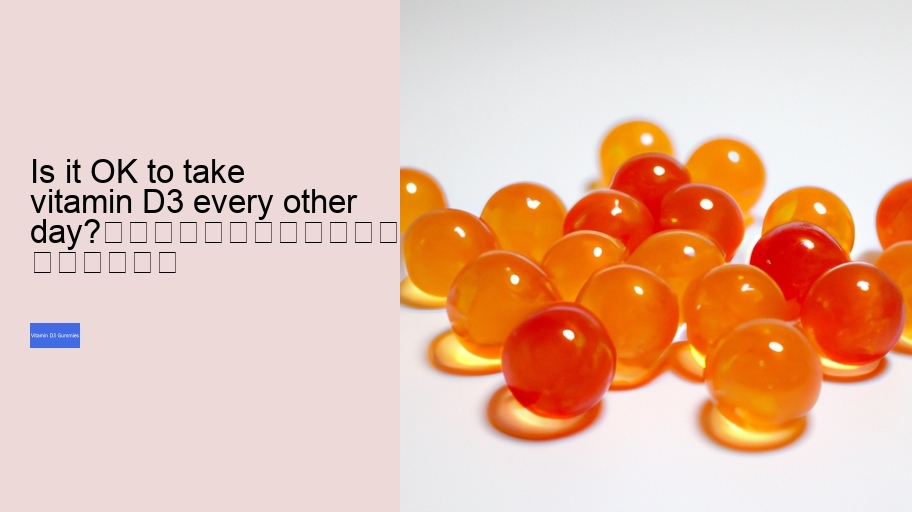
Vitamin D plays a pivotal role in mood regulation, often overlooked.
bones recommended daily allowanceVitamin D3 can influence mood regulation, and addressing deficiency may help alleviate symptoms of low mood. However, it's not a guaranteed mood changer, and its effects on mood can vary among individuals.
Cholecalciferol (D3) is generally the preferred form of vitamin D for supplementation, as it is more effective at raising blood levels of the vitamin and is widely available in supplements.
Vitamin D3 gummies can be effective when used as directed, providing a convenient and enjoyable way to supplement your vitamin D intake. Their effectiveness depends on proper dosage and individual absorption rates.
Vitamin D3 may have a mild influence on acne through its role in skin health and immune function, but it is not a primary acne treatment. Other acne management strategies should be considered alongside maintaining adequate vitamin D levels.
Taking vitamin D3 every day can be suitable for many individuals, but the appropriate frequency depends on your specific needs, lifestyle, and healthcare provider recommendations. Consistency and adherence to recommended dosages are important.
D3 gummies supplement your daily vitamin D intake, assisting in maintaining strong bones, supporting immune function, and promoting overall health. They offer a tasty and convenient way to meet your vitamin D requirements.
Extremely high doses of vitamin D3, typically exceeding 4000 IU per day, can lead to vitamin D toxicity, which can result in health issues. It's essential to stay within recommended daily limits to avoid adverse effects.
While vitamin D3 can be taken at any time, many people prefer to take it with a meal containing fat to enhance absorption. Timing can vary based on personal convenience and preferences.
Taking 10,000 IU of vitamin D3 daily is a high dose and should only be done under the guidance of a healthcare professional. Such doses may be appropriate for specific medical conditions but can lead to toxicity if not managed properly.
Vitamin D3 (cholecalciferol) is generally considered better for supplementation because it is the active form of vitamin D and tends to be more effective in raising blood levels of the vitamin. However, the choice may depend on individual needs and preferences.
You can take vitamin D3 at any time of day, but many prefer taking it in the morning to avoid potential sleep disturbances since vitamin D may affect sleep patterns in some individuals. The timing is a matter of personal preference and convenience.
Adequate vitamin D levels are important for overall well-being, and addressing a deficiency may help alleviate some anxiety-related symptoms. However, it is not a standalone treatment for anxiety disorders, and a comprehensive approach is necessary, including professional guidance.